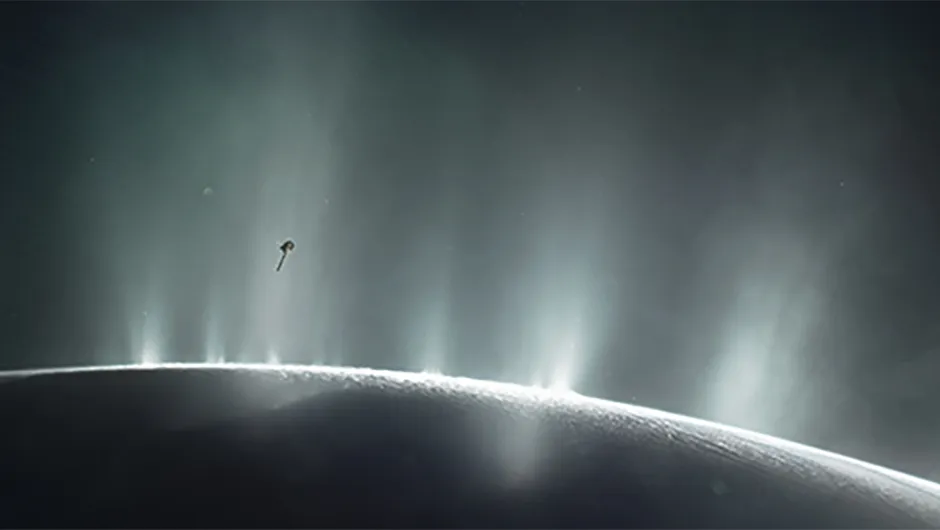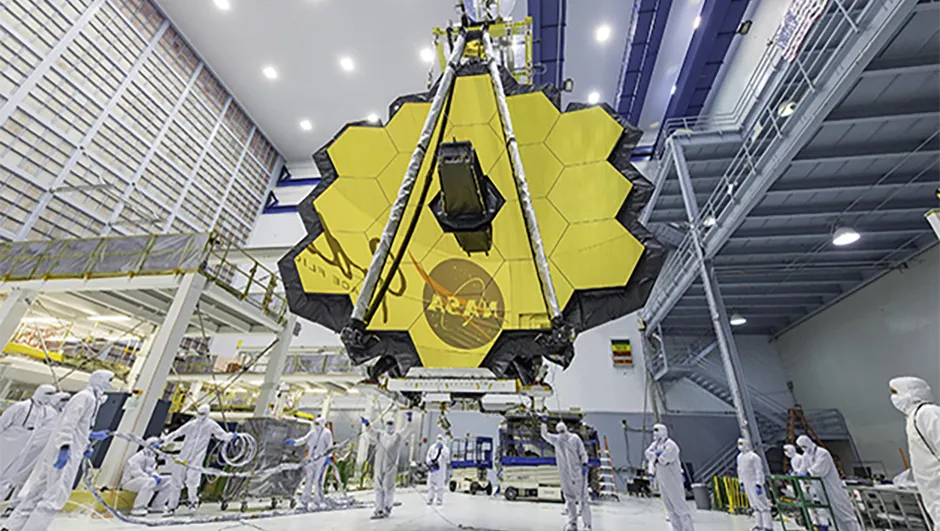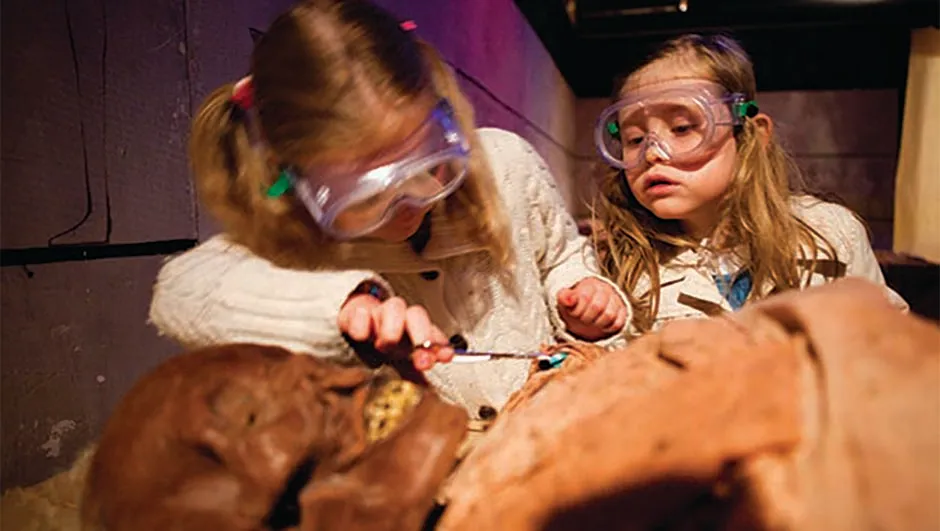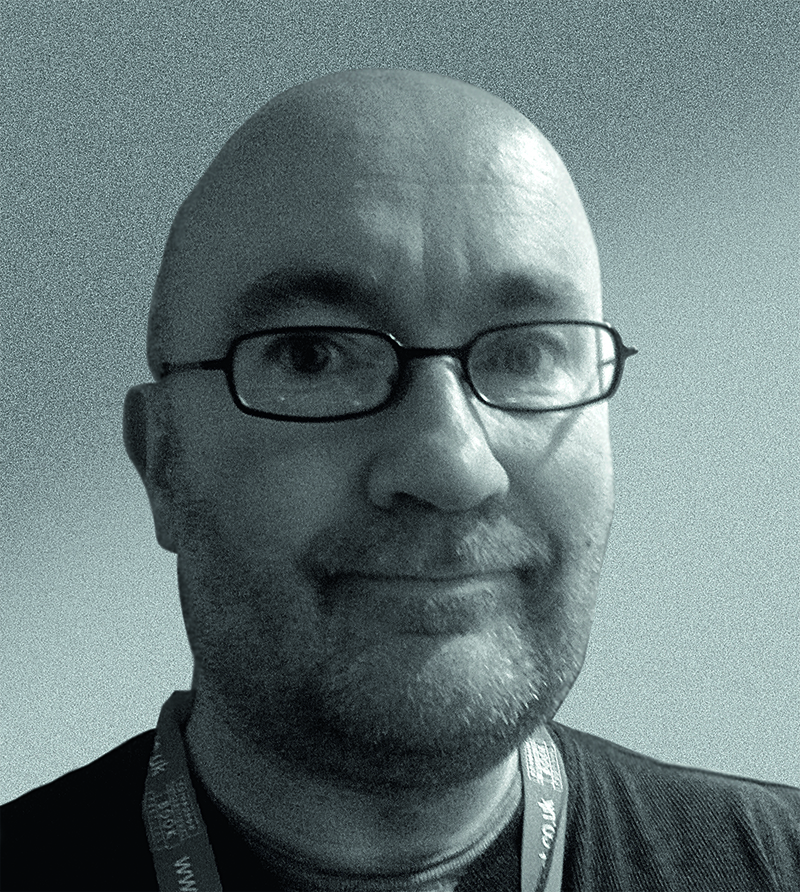Are we alone in the Universe?In The Search for Life in the Universe (9 April), astrobiologist Prof Charles Cockell took his audience on an engaging tour of “recent discoveries that put us on the brink of being able to answer this question for the first time”.
These ranged from planned missions to Mars to potential dives into the sub-surface oceans of Enceladus and Europa, and astrobiology’s own holy grail: the discovery of a 'second Earth' exoplanet within its star’s habitable zone.
Will we discover extraterrestrial life?
Either answer, Cockell suggested, will be significant in defining “what we are as a species and a civilisation”.

Meantime, in Generation Webb (10 April), 'space enthusiast' and comedian Helen Keen asked whether the NASA/European Space Agency’s James Webb Space Telescope – now expected to launch in May 2020 – will change our perception of space to the same degree as its still-in-orbit predecessor the Hubble Space Telescope.
The general view of her panellists was, succinctly, “yes”; not least because the James Webb will be observing in the infrared, rather than ultraviolet, and so will, according to Dr Libby Jones, reveal “things that are cooler, farther away or hidden from Hubble’s sight."
Nor will the James Webb’s impact be restricted to its active mission.
“Even when Hubble stops working at some point in the next few years, people are going to be working on its archive, of 30 years of data, for decades to come,” said Marek Kukula, Public Astronomer at the Royal Observatory Greenwich.
“The same will happen with the James Webb; it’s going to be a treasure trove for future astronomers coming back to it, asking questions we haven’t even thought about.”

A quite different question was raised by Prof Dame Jocelyn Bell Burnell, in A Celebration of Women in Astronomy (11 April).
As the first female President of the Royal Society of Edinburgh, Bell Burnell was clearly worried by how, the higher up you look in academia and professional astronomy, the fewer women you find.
Focusing on membership of the International Astronomical Union, she showed that while the global average is 17 per cent female, there were significant differences between countries.
“No shock about Japan at 7%, but I would not have guessed that southern Catholic countries would be good for women,” she said. (Italy 26%; Brazil 22%; Spain 20%).

“I’m disgusted at Britain – at 13% – but it does look as if English-speaking countries have a collective problem, clustered below the world average.” (Australia 16%, Canada and US 14%).
“What we’re seeing here is something to do with the culture in different countries; and it doesn’t make terribly happy reading.”
She’s hopeful that initiatives such as the UN-instigated 'HeForShe' campaign and the Equality Challenge Unit’s Athena SWAN Charter – encouraging gender equality in STEMM (science, technology, engineering, maths, and medicine) education and research – will help, but is well aware how even “glacial” institutional change can provoke a “push back”.
But unless something is done, this session predicted, the future of astronomy is still likely to be decidedly male.
